The Cuban Missile Crisis of October 1962 is noted for being one of the biggest security scares in American history, and it began after Soviet Prime Minister Nikita Khrushchev started began nuclear weapon facilities in Cuba. Understandably, the Pentagon wasn’t comfortable with this move because the missiles in these stations were capable of hitting the US mainland within a few minutes after being launched. The Soviet aggression was in retaliation to America placing ballistic missiles in Turkey and Italy — which were very close to Russia. And the fact that Fidel Castro wasn’t on good terms with America made all that very easy.
Thankfully, diplomacy prevailed, with the Soviet Union agreeing to remove its missiles in Cuba as long as America also shut down its European nuclear stations. In the years that followed, this major event would be captured in multiple movies on varying scales. Some only include it as a backdrop while others focus fully on it. A couple of the films also provide little bits of little information that had often been ignored in favor of the larger juicier story.
10 Thirteen Days (2000)
Thirteen Days is mostly accurate because it’s based on actual recordings as well as Earnest R. May’s award-winning non-fiction book The Kennedy Tapes: Inside the White House During the Cuban Missile Crisis. The film is an endless clash of perspectives between the US Joint Chiefs of Staff (who favor a Cuban invasion) and the peace-loving duo consisting of the Presidential advisor, Kenneth O'Donnell, and the Defense Secretary, Robert McNamara. Audiences are thus treated to strong arguments from both sides, with the war hawks arguing that the US needs to show strength and the Defense Secretary fearing that any form of aggression might lead to global-scale nuclear war.
The Roger Donaldson film might be extremely slanted (it doesn’t feature any Moscow or Havana scenes), but it excels by being informative. For example, the revelation that there was no direct line of communication between Khrushchev and Kennedy will be surprising to anyone watching. The Soviet Premier had to send messages to his counterpart via Radio Moscow. As for the performances, Kevin Costner delivers his usual brand of charm and enthusiasm in the lead role, but Bruce Greenwood and Steven Culp impress the most as John F. Kennedy and Robert F. Kennedy respectively.
9 Matinee (1993)
In Matinee, director Joe Dante does well by crafting a funny tale out of a rather tense political atmosphere. Shortly after President Kennedy announces that the US Navy is blockading the Cuban coastline to prevent Russian nuclear shipments from arriving, a B-movie director decides to release his horror movie in a small town. The son of a navy officer and his friend go on to attend the screening, but slapstick mayhem ensues.
The film is packed with endless hilarious moments revolving around the director and the boy, but at heart, it’s a beautiful tale of a family trying to cope with the fear that it might lose its breadwinner. The boy remains worried that his father (who has now been sent to Cuba to be part of the blockade), might be killed when the Soviet fleet arrives, and so does his mother. Luckily for them, the threat of nuclear war subsides, thanks to successful negotiations.
8 The Courier (2021)
Tucked somewhere in Benedict Cumberbatch’s list of underrated dramatic movies is the spy drama, The Courier, where he plays Greville Wynne, a British businessman recruited by the MI6 to meet a Soviet source that has crucial nuclear information. The said source happens to a GRU Russian spy that’s disillusioned with the country’s leadership. He, therefore, feels compelled to provide intel that just might help end the Cuban missile crisis.
The Courier excels by showing the lengths that the best spy agencies go to ensure nothing goes wrong. Though the GRU agent reached out to the CIA, the task ends up being delegated to the MI6, which opts to use an ordinary citizen for the mission rather than one of its own spies. Additionally, the film feels very realistic because there is no James Bond or Ethan Hunt type of action. All that the characters do is talk and plan. Sadly, things end quite badly for both Wynne and the Soviet defector.
7 The Coldest Game (2019)
As the Cuban Missile Crisis was unfolding, the US and the Soviet Union were locking horns in other ways. The Polish film, The Coldest Game, takes audiences all the way to Warsaw where there is an upcoming international chess match between the two countries. Professor Joshua Mansky is hired as the player to represent the US, but that won’t be his only task. The government also needs him to obtain crucial information about Soviet missiles.
The Coldest Game excellently highlights the desperation of both nations during the crisis. Every little move has major consequences, and for the people pulling the strings, it doesn’t matter which pawns get used. As expected, the dual task overwhelms the scholar who had not only quit playing chess years ago but has also sunk into alcoholism. Even worse is the fact that there might be a mole that’s threatening to ruin the whole operation. Overall. Bill Pullman does a great job of conveying the professor’s frustrations and anxiety. The twists keep coming too, with the ending being even more thought-provoking than any other event that had occurred earlier.
6 X-Men: First Class (2011)
The majority of Marvel events tend to be entirely fictional and exclusive to the franchise but in X-Men: First Class, director Matthew Vaughn decided to use the Cuban Missile Crisis to drive the plot forward. Set in 1962, the film sees Professor X and his team attempting to save the world after former Nazi scientist, Sebastian Shaw, influences the Russians to provoke America by installing missiles in Cuba.
The film obviously toys with history in a major way, but watching mutants (instead of politicians and CIA agents) get the credit for preventing a nuclear war is refreshing. It’s a nod to the early Marvel Comics issues, where the likes of Captain America and Namor kept on saving America by tackling Nazi forces. And given how well the movie was received by critics, it would be advisable for the MCU to take such a route again.
5 Topaz (1969)
Topaz isn’t considered one of Alfred Hitchcock’s greatest hits. After all, it was made when the legendary director’s powers had begun to wane. Nonetheless, the film presents a compelling semi-fictionalized account of how the Soviet Union’s plans were discovered. Rather than simply focus on the US, the spy flick extensively shows just how deep the Soviet intelligence network was across the world
Hitchcock touches on the infamous Sapphire Affair that exposed several Russian spies inside the French government. Additionally, he goes into detail about how the evidence of Soviet nukes in Cuba was acquired. Throughout the proceedings, there are all kinds of high-stakes espionage missions such as the photographing of important documents in Havana and defections from one agency to the other. In classic Hitchcock fashion, the suspense is maintained until the very end.
4 Blast from the Past (1999)
Hugh Wilson’s Blast from the Past is yet another film that takes a comical spin on the Cuban Missile Crisis. In it, American scientist Calvin Webber decides to build a fallout shelter in his backyard to protect his family because he believes the tensions will escalate into a full-blown war. When an aircraft accidentally crashes on his house, Calvin assumes the war has started, so he locks himself and his family in the shelter, where they stay for 35 years.
The real fun begins when the shelter finally opens in 1997. The family struggles to adjust to the modern world, resulting in plenty of hilarious moments. In general, Hugh Wilson does a great job of showing how paranoia in times of conflict can influence people to take drastic measures even when it’s not necessary. Besides that, Brendan Fraser gives a memorable performance as the scientist’s reasonable son, Adam.
3 The Missiles of October (1974)
William Joseph Devane is one of the few actors that have gotten to play both a real and a fictional US President. TV fans know him as President James Heller from 24, but back in the ‘70s, he portrayed John F. Kennedy in one of the most intriguing films about the Soviet-American standoff. Like Thirteen Days, The Missiles of October centers around the diplomatic efforts meant to end the tension. However, events are mostly shown from Kennedy’s perspective.
Apart from its extensive coverage of the events, the movie is likely to appeal to fans of more The West Wing since it features a high number of politicians and diplomats from both sides and shows their perspectives regarding the tense situation. There are senators, congressmen, foreign ministers, and press secretaries, among others. Martin Sheen, who plays President Bartlet in the NBC political drama, also appears here as Robert F. Kennedy.
2 Dear Eleanor (2016)
Dear Eleanor qualifies as one of the best road trip movies as it has beautiful car shots, lots of fun moments, and views of lovely landscapes. However, the main characters — Isabelle and Liana — have a bit of a priority problem because their journey across America is meant to lead them to the former First Lady of the United States, Eleanor Roosevelt, who they idolize.
The fact that they decide to go on this mission at the height of the missile crisis is baffling. Anything could go wrong. Their decision to search for a political figure that has nothing to do with the current conflict is even stranger. But since they are rebels at heart, they keep going, resulting in plenty of fun moments. Cinephiles will also notice some similarities between Dear Eleanor and Ridley Scott’s Thelma & Louise, though the latter is way more action-packed.
1 Memories of Underdevelopment (1968)
Memories of Underdevelopment is worth checking out because it’s a Cuban production. Based on the novel, Memorias del Subdesarrollo by Edmundo Desnoes, the film follows an author who decides to stay in Cuba after the Bay of Pigs invasion, rather than flee to Miami like most people. Unfortunately, his decision to stay results in him getting caught up in scandals and facing more challenges that stem from the country’s poor economic state.
The film — set in 1961 and 1962 — is made more palatable through the main character’s narrations. There is a sense that the events are all playing out from his memories, and so they take a non-linear format (the same thing that happens when a person recalls things). Most importantly, the Cuban Missile Crisis is seen through his eyes and those of the people in Havana, instead of politicians and agents.
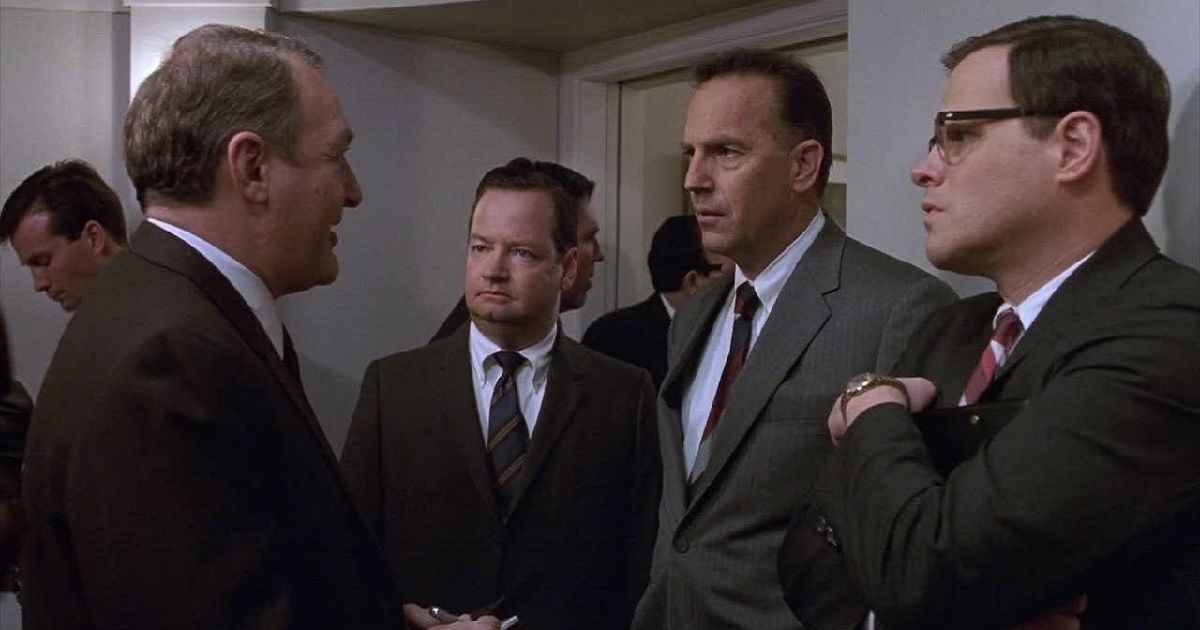
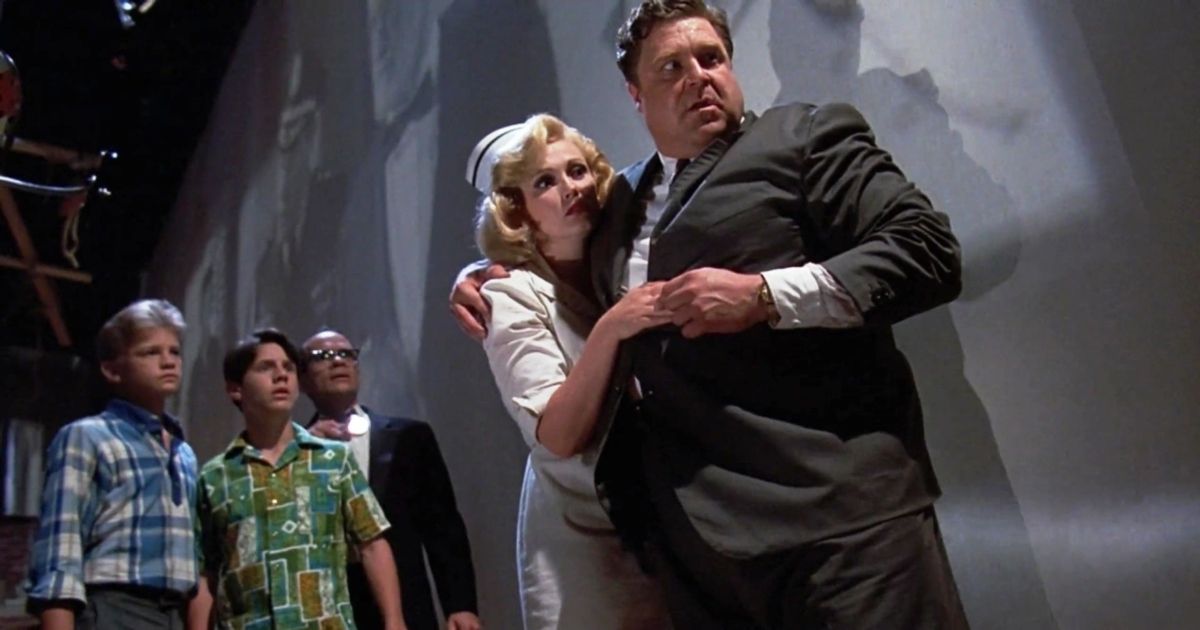
.jpg)

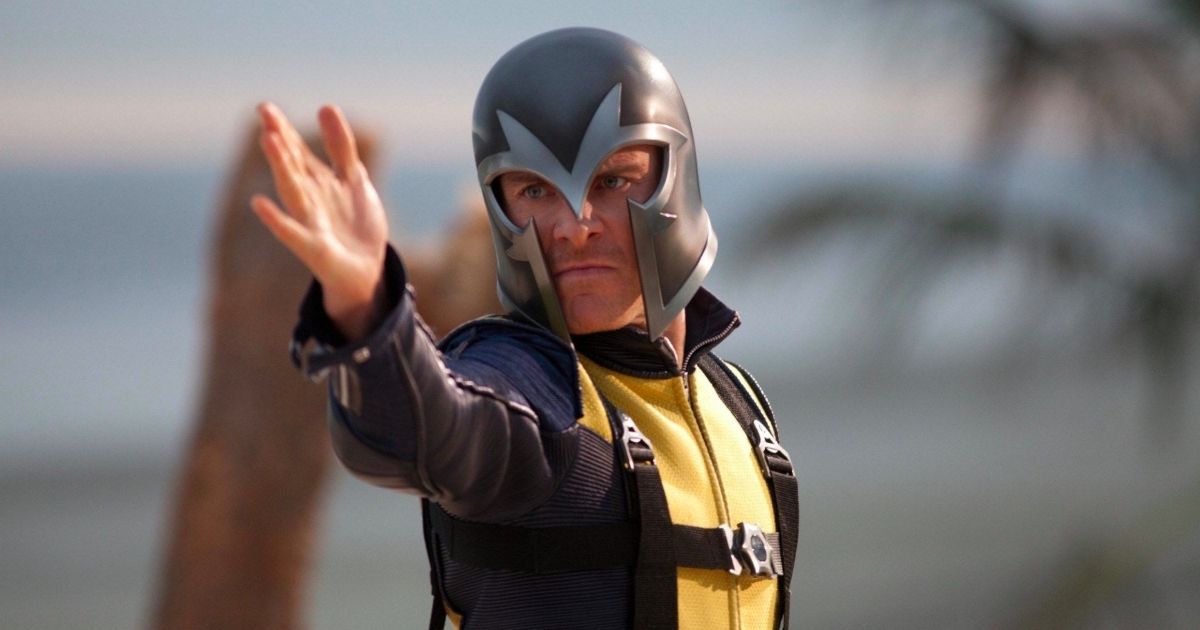
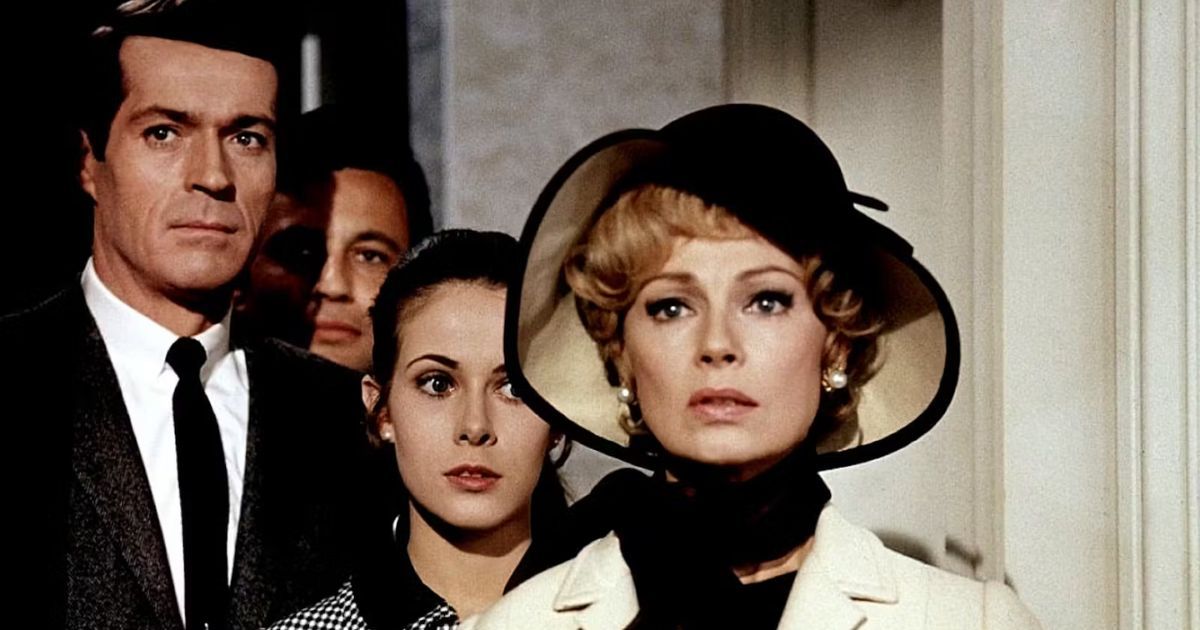
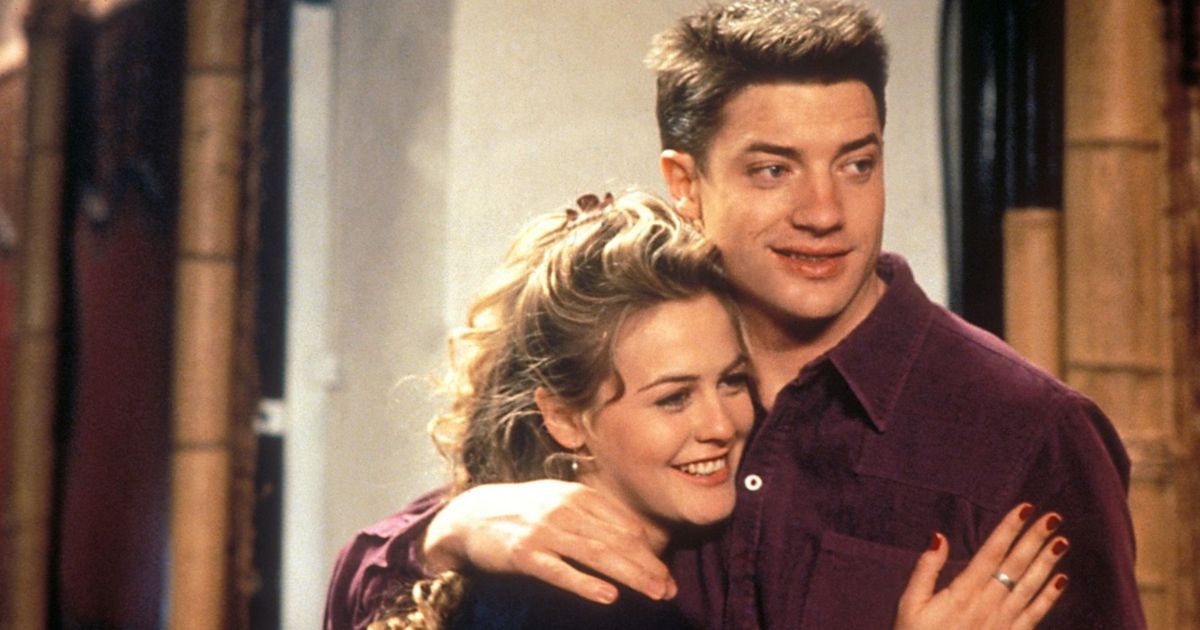
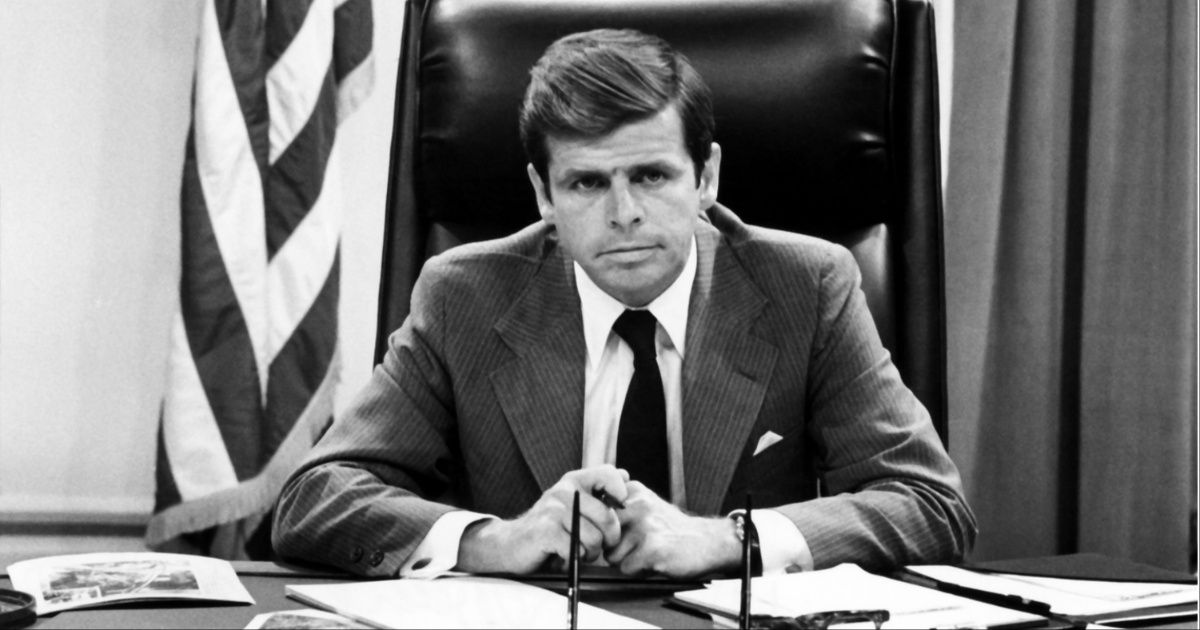
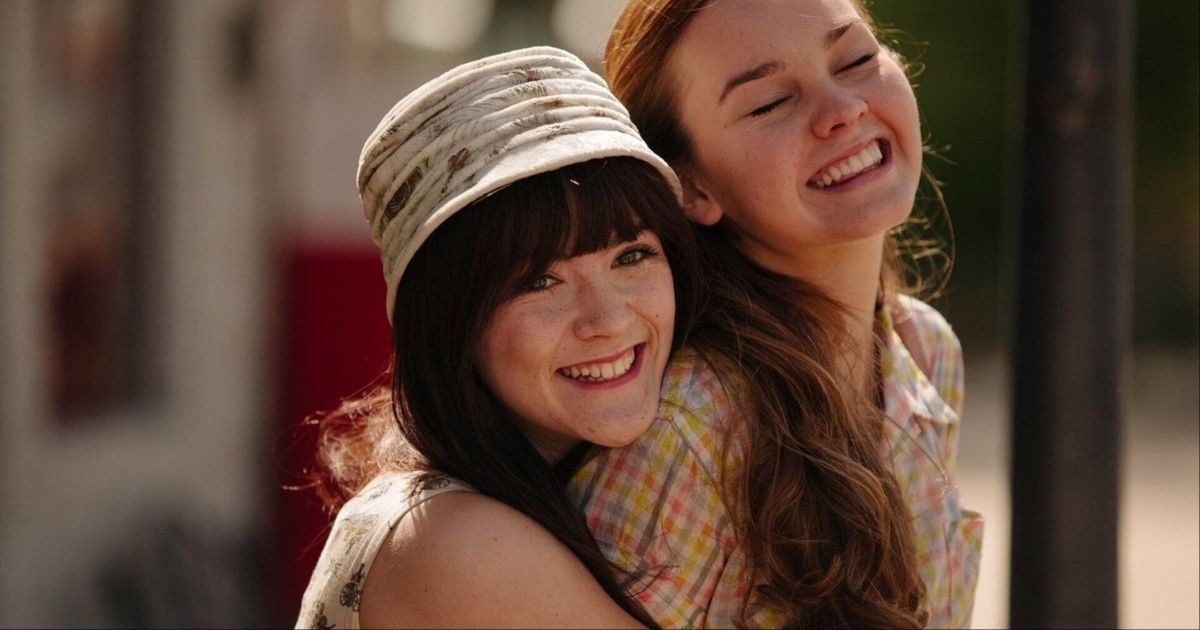
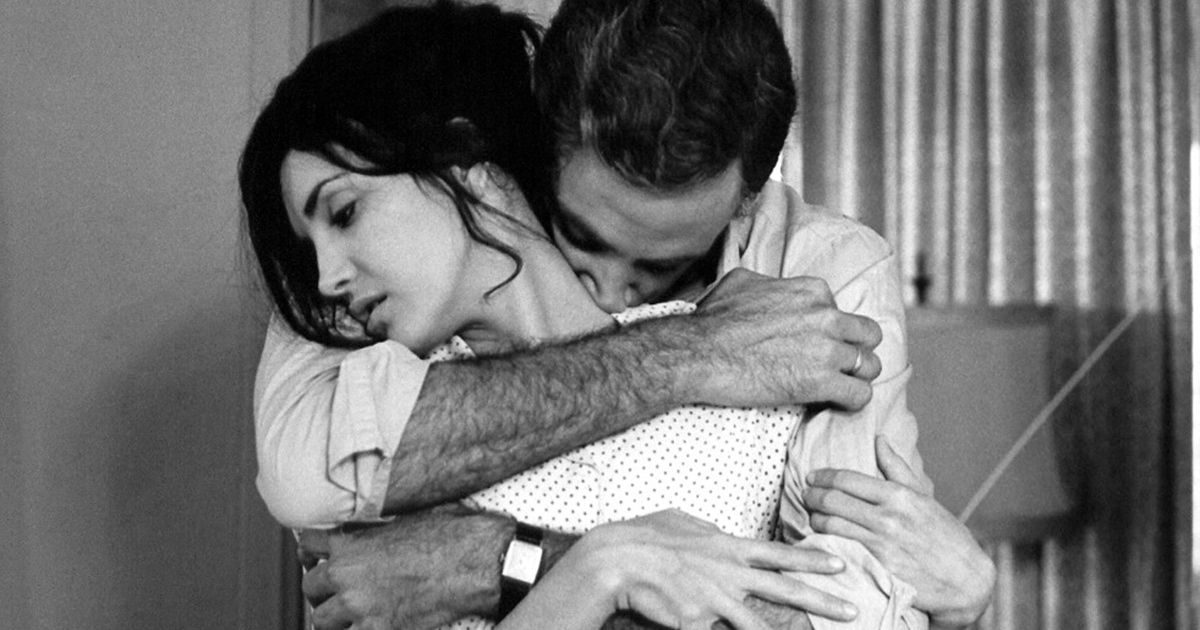
Comments
Post a Comment